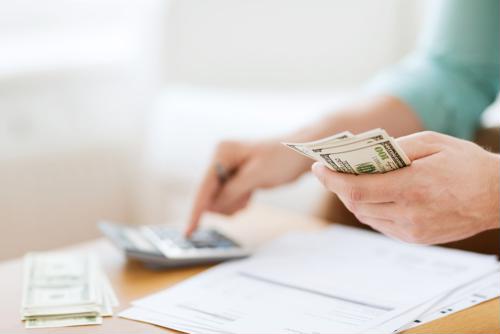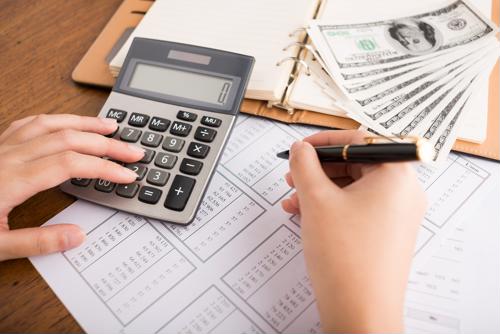
When the COVID-19 pandemic hit the U.S. in March 2020, lockdowns and social distancing became the new way of life. With this drastic change, businesses were forced to close, traveling ceased and Americans had to adapt to spending the vast majority of their time at home.
While this took a toll on businesses and individuals across the country, many would say that a silver lining of the pandemic was that they were able to save money without really trying.
How The Pandemic Changed Spending Habits
Across the U.S., the average individual's personal savings rate — the amount of money someone has left after their spending and taxation — soared to 32.2%, according to the Bureau of Economic Analysis, as reported by Next Advisor.
This spike in savings can be attributed to stay-at-home orders and social distancing. The pandemic forced many Americans to change their spending habits. People began eating and drinking more at home instead of at restaurants, while trading expensive outings for cheap hobbies.
Now that Americans are getting vaccinated and businesses are opening once again, it looks like we will return to normalcy soon.
With normalcy comes old spending habits, and you know what that means: Time to start budgeting again.
Tips For Budgeting In Your Post-pandemic Life
For those of us who put budgeting on the back burner during the pandemic, it might be time for a refresher on budgeting tips.
Make A Plan For Dining Out
Restaurants are open again, which is great! But that means coming up with a financial plan for eating out and going to bars.
Decide how much money per month you can spend at bars and restaurants and hold yourself accountable for staying within your budget. It may be tempting to go on a bar crawl or restaurant tour every weekend now that it's an option again, but be careful. It's still important to make wise financial decisions.
Save For Travel Plans
If returning to normalcy means traveling again, good for you! Just make sure you make wise financial decisions.
Start planning your trips as early as you can so you can begin saving gradually. Factor affordability into the destination as well as when you go. And keep in mind that there is more to the cost of a vacation than transportation and lodging — there's also dining, drinking, excursions and souvenirs.
Track Your Spending
One of the most important parts of budgeting is tracking your spending. You can limit the amount you spend every month all you want, but if you're still spending more than you're earning, your efforts may be in vain.
Use an excel document or a notebook to document all of your purchases as well as all of the money you make. Calculate the difference every month to find out how much excess income you have. If you have way more than you anticipated, maybe you can afford to spend a little more on luxury purchases, or you can put it towards your retirement fund or paying off your debts.
What's important is that you maintain full awareness of your financial situation. The Federal Savings Bank can help you establish and maintain a budget. Contact us today for more information.
This information is intended for educational purposes only. Products and interest rates subject to change without notice. Loan products are subject to credit approval and include terms and conditions, fees and other costs. Terms and conditions may apply. Property insurance is required on all loans secured by property. VA loan products are subject to VA eligibility requirements. Adjustable Rate Mortgage (ARM) interest rates and monthly payment are subject to adjustment. Upon submission of a full application, a mortgage banker will review and provide you with the terms, conditions, disclosures, and additional details on the interest rates that apply to you individual situation.

